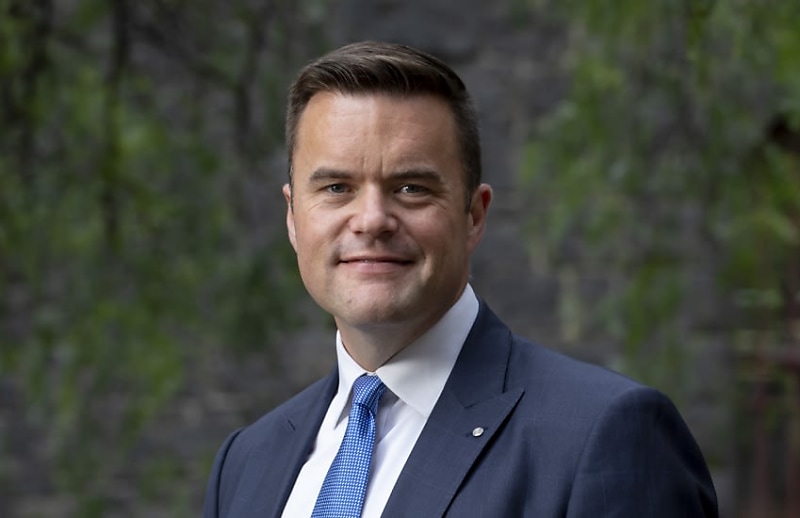Institute of Public Accountants chief executive Andrew Conway said while the latest federal budget offered some small relief measures for small business, it failed to recognise the magnitude of struggles currently facing the small business sector.
Conway noted that the government’s budget centrepiece, Future Made in Australia, did not appear to have any focus on small and medium-sized business.
You’re out of free articles for this month
“It’s important that small businesses are part of Australia’s future, but if they don’t get the support they need, they are at risk of being left in the past,” said Conway.
The IPA noted that the ATO is currently chasing $52 billion in tax debts, the majority of which is owed by small business.
At the same time, margin erosion is eating away at small business profitability, with the Australian Small Business and Family Enterprise Ombudsman estimating that 43 per cent of small businesses are not profitable.
“Inflation is squeezing profit margins, rents and utilities are constantly rising, and labour costs are threatening the financial sustainability of many small businesses,” said Conway.
While small business owners appreciate the extension of the $20,000 instant asset write-off by 12 months until 30 June 2025, the IPA said they're still waiting on the same one from last year that hasn’t passed Parliament.
“Sadly, the Treasurer has failed to charm small business owners that need help, including genuine tax reform and targeted red tape reduction,” Conway.
“While we appreciate the temporary instant asset write-off extension for another year, it might already be too late because most business owners may not want to invest in ageing capital assets until their profitability improves.”
Conway said the IPA’s members deal with small business every day and see the struggles that small business owners face.
“It is critical that the government recognise the vital role small business plays and the very real challenges they have. When small business is struggling, Australia is struggling. They need assistance now to remain viable, or they’ll become history,” he said.
Intuit QuickBooks Australia country manager Lars Leber agreed that while the extension of the $20,000 instant asset write-off for 12 months will provide relief to small business, there is still uncertainty surrounding how the scheme applies to the current income year.
“The uncertainty surrounding the passage of the instant asset write-off measure from last year's budget, with just six weeks left in the financial year, highlights the need for greater predictability to support business planning and investment,” said Leber.
“Making the instant asset write-off permanent would provide much-needed stability for SMEs.”
Leber said the government could have included more cost-of-living support for small and medium-sized businesses.
“Although extending the immediate asset write-off limits is positive, further strategic measures are needed to encourage the adoption of digital technology by SMEs,” he said.
“This would drive economic growth and reduce costs for consumers. The budget falls short in providing the broader vision needed for long-term economic stability and growth.”
The $325 energy bill relief available to eligible small businesses announced in the budget could have also been increased to a higher amount but will still go some way to softening the impact of increasing energy prices, said Leber.
The substantial investment in mental health support, including $7.7 million over two years for the New Access for Small Business Owners program and $3.1 million for the Small Business Debt Hotline were positive developments, he said.

 Login
Login







